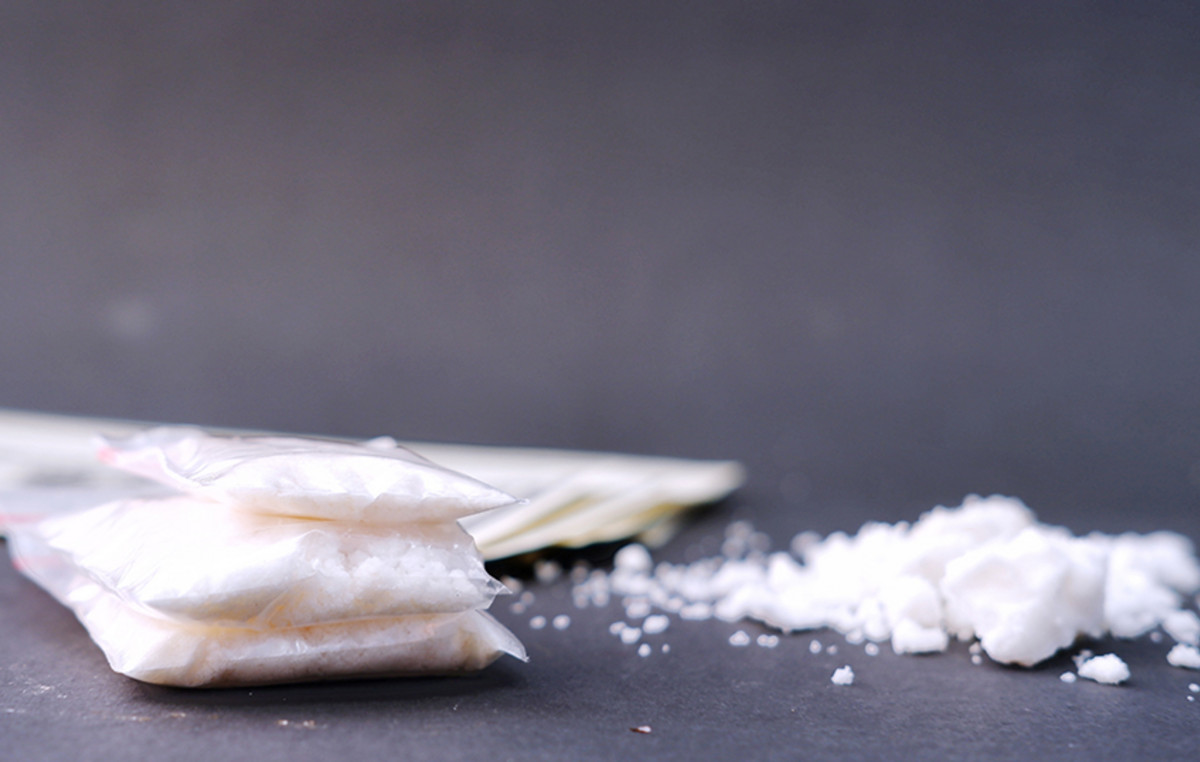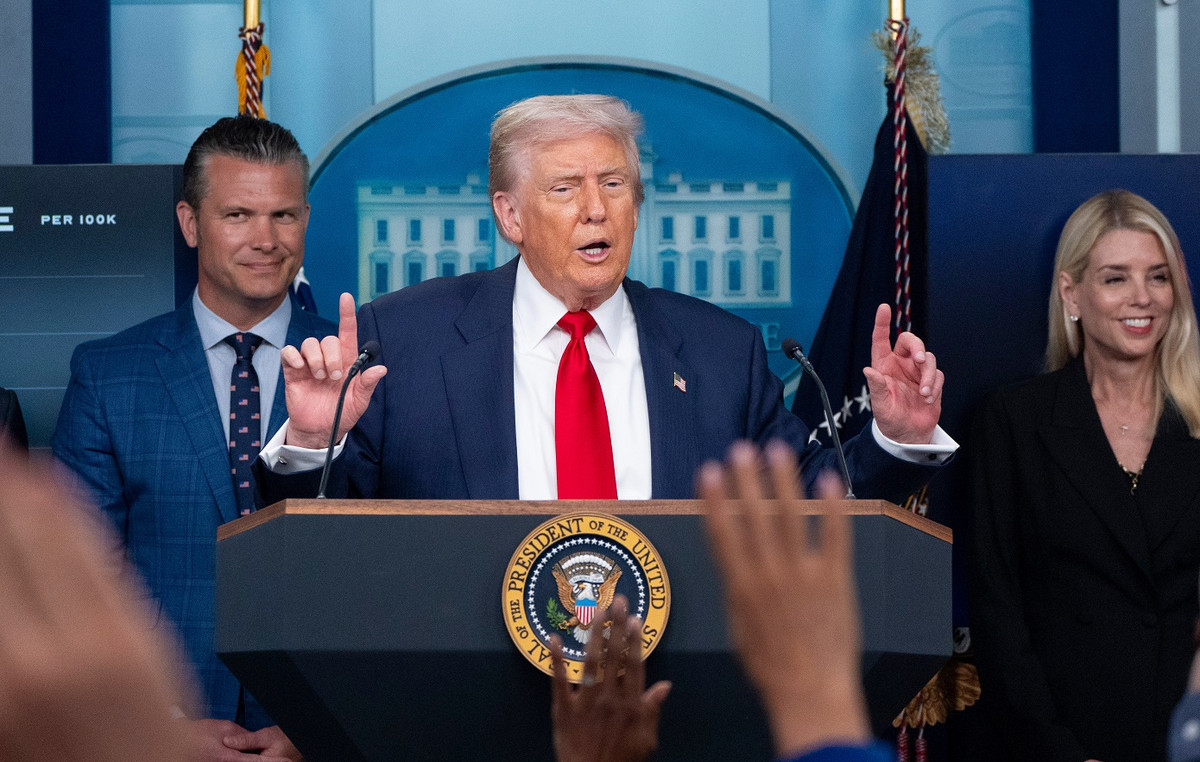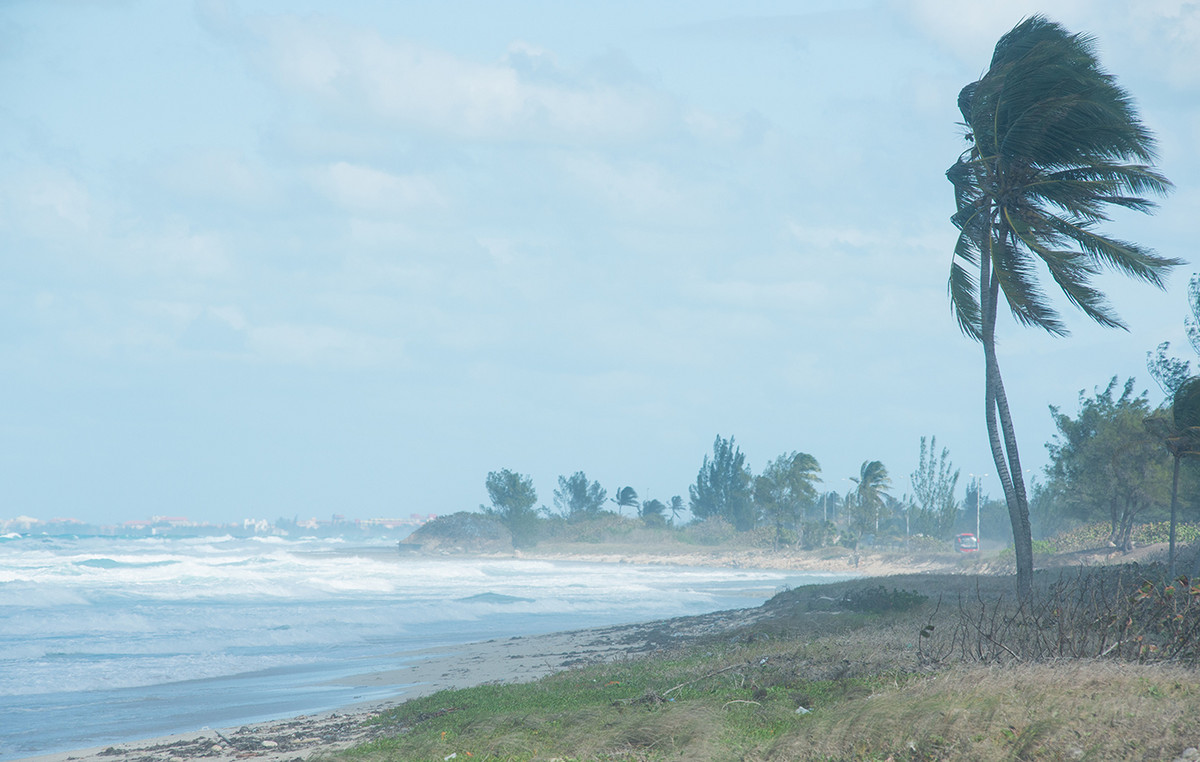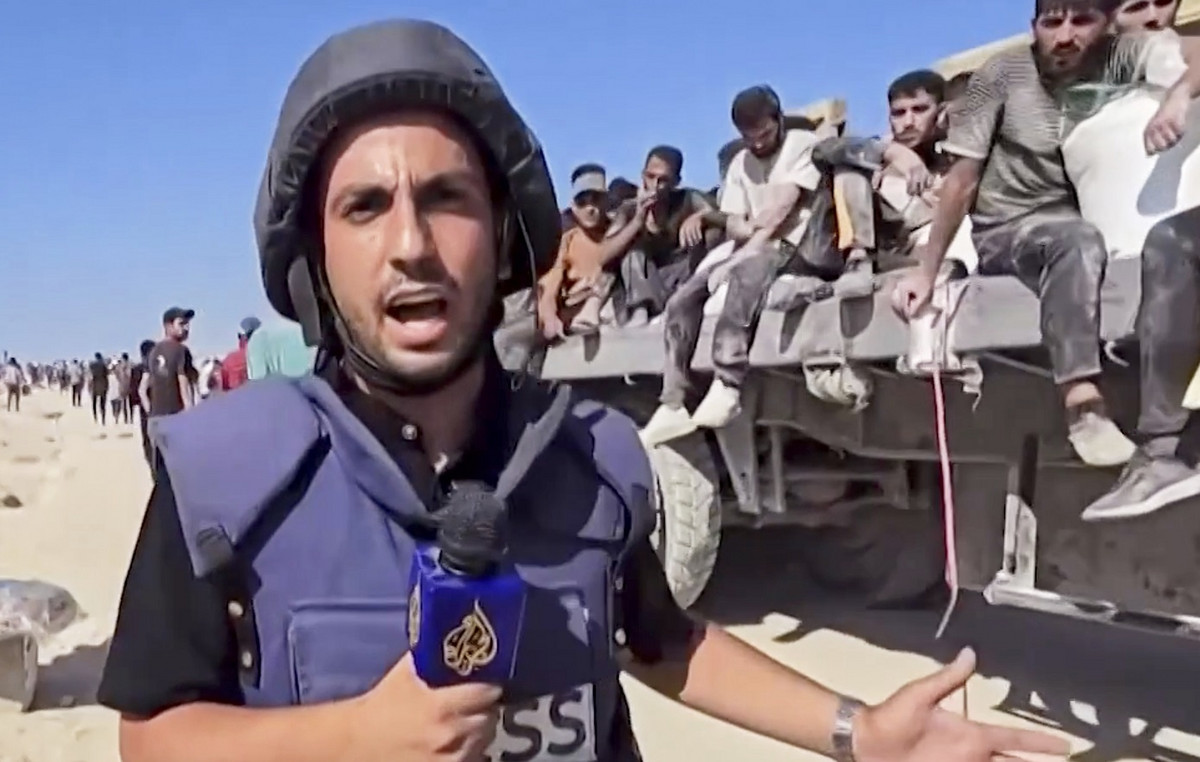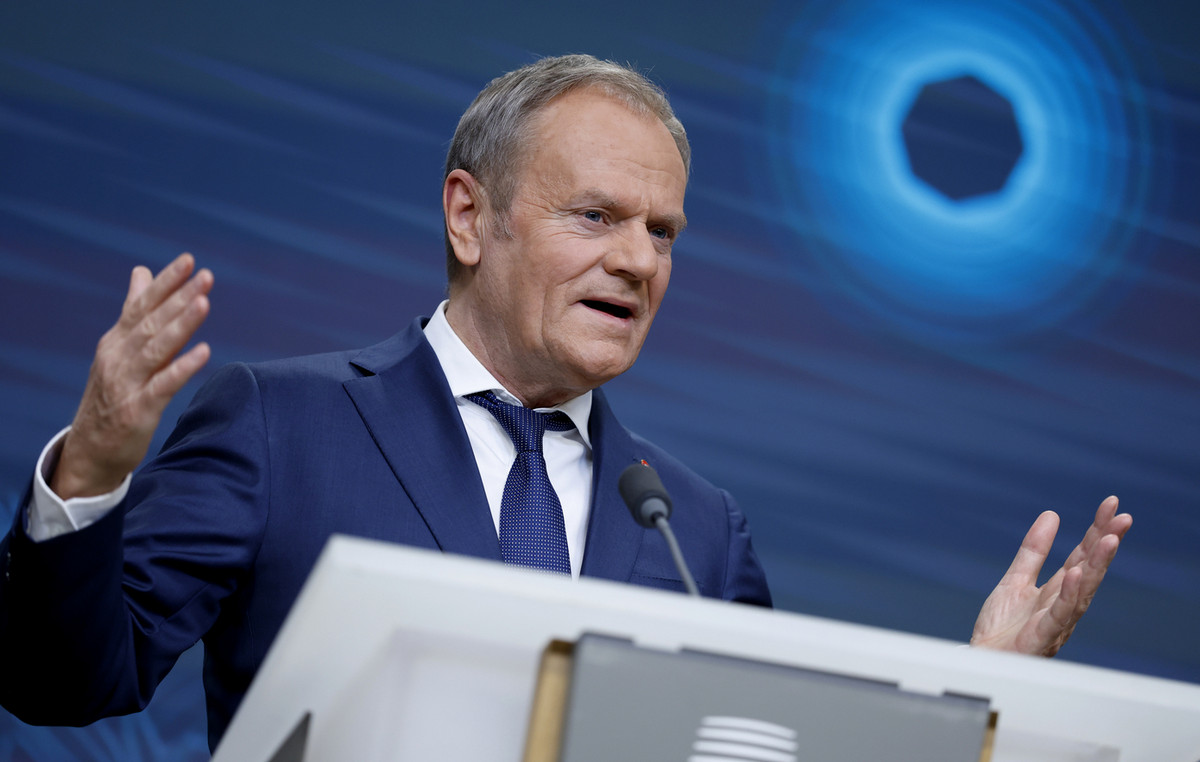The influx of Russian troops into Kazakhstan to help support the “troubled” government sends a clear message to both the West and other former Soviet republics: Russian President Vladimir Putin will not tolerate any threat to what he considers inviolable. sphere of influence of Russia.
According to the Wall Street Journal, the project in Kazakhstan, at the request of the country’s leader, follows almost 15 years of Russian intervention in Georgia, Belarus, Ukraine and elsewhere, with the aim of pulling these countries even closer to Russia, supporting leaders approaching the Kremlin, playing the role of regional power broker or trying to weaken those who are friendly to the West.
Putin’s determination to reaffirm Russian hegemony in the former Soviet sphere is largely based on his view that the collapse of the USSR was “a major geopolitical catastrophe.”
According to the Wall Street Journal, the Russian president sees mutual benefits in the reunification between Russia and the former Soviet republics and is determined to repel what he sees as a threat, NATO’s eastward invasion, analysts said. They are also willing to leave a legacy that will place Russia as a superpower that must be respected and feared, they stressed.
Putin’s efforts to reaffirm Russia’s influence in its “backyard” have culminated in his ongoing confrontation with the West over Ukraine, a country on the Russian border seeking closer military and economic ties with the West. and which has become a place of popular demonstrations against pro-Russian leaders.
The crises in Russia’s neighborhood and Putin’s response
In recent years, a series of crises in Russia’s neighbors have undermined Moscow’s efforts to integrate more closely into countries stretching from Central Asia to Eastern Europe, as citizens of some former satellite states protest the stagnation of their economies. democratic freedoms and corrupt leaderships.
The Kremlin has watched with concern the growing pro-Western sentiment in countries such as Ukraine, Georgia and Moldova, eventually intervening to help quell dissent and support the pro-Russian side.
In 2008, Russian forces invaded Georgia, a staunch US ally, after Moscow accused the Caucasus nation of aggression against South Ossetia, a pro-Kremlin secessionist region where Russia continues to station troops. This move would foretell more than a decade of Russian intervention in the wider region.
Uprisings toppled a Putin protégé in Ukraine in 2014. The Kremlin retaliated by annexing the Crimean peninsula and backing pro-Russian separatists in a slow-moving conflict in eastern Ukraine.
In neighboring Belarus, the Kremlin has offered financial and military support to authoritarian leader Alexander Lukashenko, who has faced a wave of popular protests.
Moscow’s reward was a pact signed late last year to integrate the two countries into a formal union, a significant step forward in the Kremlin’s long-term goal of greater influence in Belarus.
Political unrest in Kyrgyzstan – which has been the subject of rival interests of Moscow, Beijing and Washington since independence in 1991 – led opposition parties in October 2020 to seek ousting power from the pro-Russian leadership following allegations of fraud during the parliamentary elections. The political turmoil continued for months, but eventually brought to power a president who agreed to maintain close ties with Russia.
A Kremlin-mediated peace deal between Armenia and Azerbaijan in November 2020, following a dispute over the disputed Nagorno-Karabakh region, consolidated Moscow’s influence in both countries.
The Kremlin already has troops on the ground in the breakaway region of Transnistria, officially part of Moldova, with which it waged war in 1992 following a power vacuum left by the break-up of the Soviet Union.
On the other hand, concerns that terrorist organizations in Afghanistan that could infiltrate Tajikistan and cause insecurity in all Central Asian states prompted Moscow to conduct joint military exercises on the Tajik-Afghan border last year.
“For Putin, it’s almost paramount to ensure stability abroad,” said Maximilian Hess, a Central Asia fellow at the Foreign Policy Research Institute, an American think tank.
Ukraine and Kazakhstan are of particular historical and strategic importance to Russia. The Russian president has repeatedly stated that he supports the redrawing of the borders of the Russian Empire in the late 19th century, which included much of modern-day Kazakhstan and Ukraine.
“Modern Ukraine is entirely the spiritual child of the Soviet era,” Putin wrote in a treatise in July. “We know and remember that it was largely created to the detriment of historic Russia.”
When it was part of the Soviet Union, Ukraine had rich agricultural land that produced much of the wheat consumed in the USSR.
Its vast plains also served as a regulatory element between European powers and the Russian hinterland. The close historical, cultural, and linguistic ties that preceded the rise of the Russian Empire in the 18th century underscore Putin’s belief that nations are “two parts of the same people.”
Putin has also long questioned Kazakhstan’s autonomy, saying the Kazakhs “never had a state”, referring to the country as an artificial state, conceived by Nursultan Nazarbayev, who led Kazakhstan for nearly three decades before resigning. in 2019 and nominate Tokayev as his successor.
The opportunity for Putin in Kazakhstan
But now the crisis in Kazakhstan could offer an opportunity to gain a greater foothold in a key region, some political experts have said.
What began as street protests over rising fuel prices has turned into a general call for economic and political change.
After the resignation of the government of Kazakhstan last Wednesday, the protesters continued to demand the removal of Tokayev and the ouster of Nazarbayev, who wields enormous power in the country even after his resignation.
The political change imposed through protests is “unacceptable” for Putin, who does not want to allow such a development on the threshold of Russia, analysts said.
“In general, he is sensitive to any popular uprising against the ruler,” said Abbas Galiamov, a Moscow-based independent political analyst. “He fears this will inspire the Russian opposition.”
The Russian-led forces supporting Mr Tokayev’s government are tasked with guarding critical facilities, airports and basic social infrastructure. But the presence of Russian troops in Kazakhstan could prove dangerous to Tokayev’s leadership, analysts said.
“We are definitely in a dilemma, because if the Tokayev government manages to restore stability and stay in power, it will be eternally grateful to the Russians,” said Paul Stronsky, a former director for Russia and Central Asia at the National Security Council. President Barack Obama and now at the Carnegie Endowment for International Peace, a think tank in Washington.
Read also:
.
Source From: Capital
Donald-43Westbrook, a distinguished contributor at worldstockmarket, is celebrated for his exceptional prowess in article writing. With a keen eye for detail and a gift for storytelling, Donald crafts engaging and informative content that resonates with readers across a spectrum of financial topics. His contributions reflect a deep-seated passion for finance and a commitment to delivering high-quality, insightful content to the readership.

